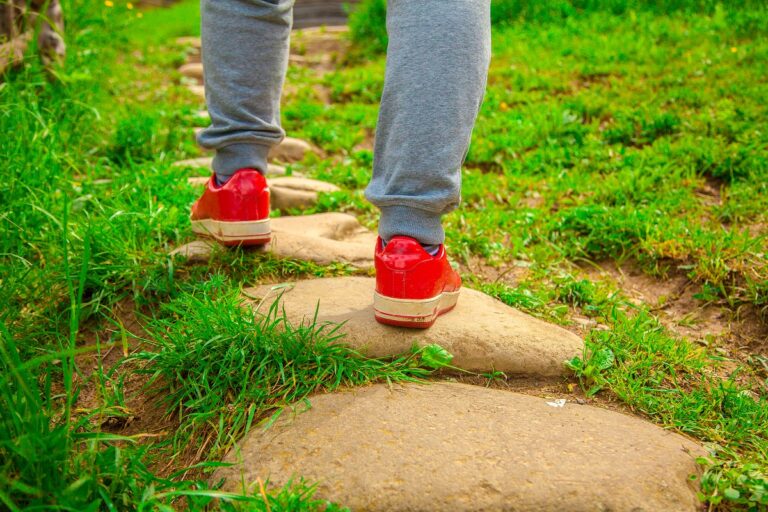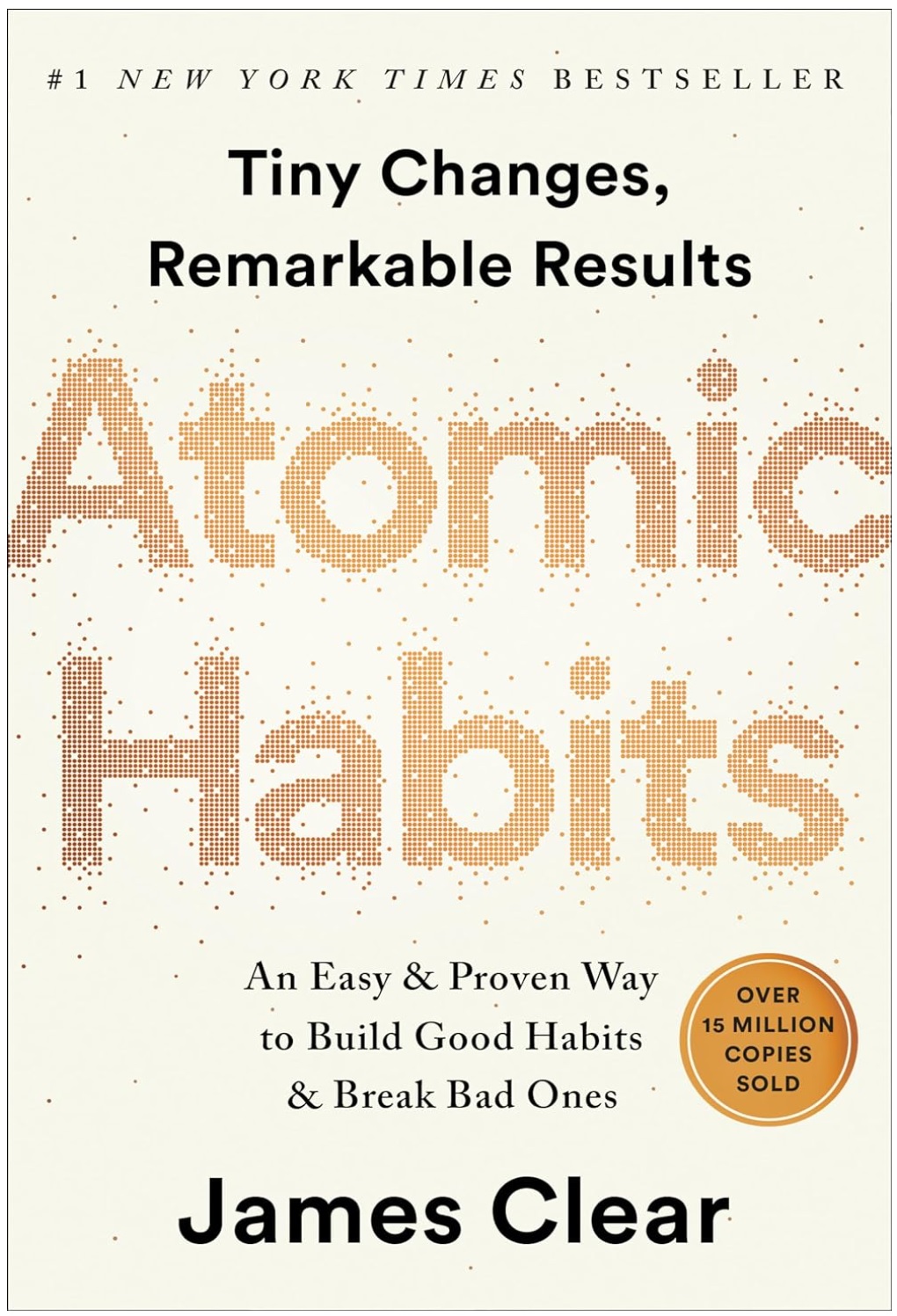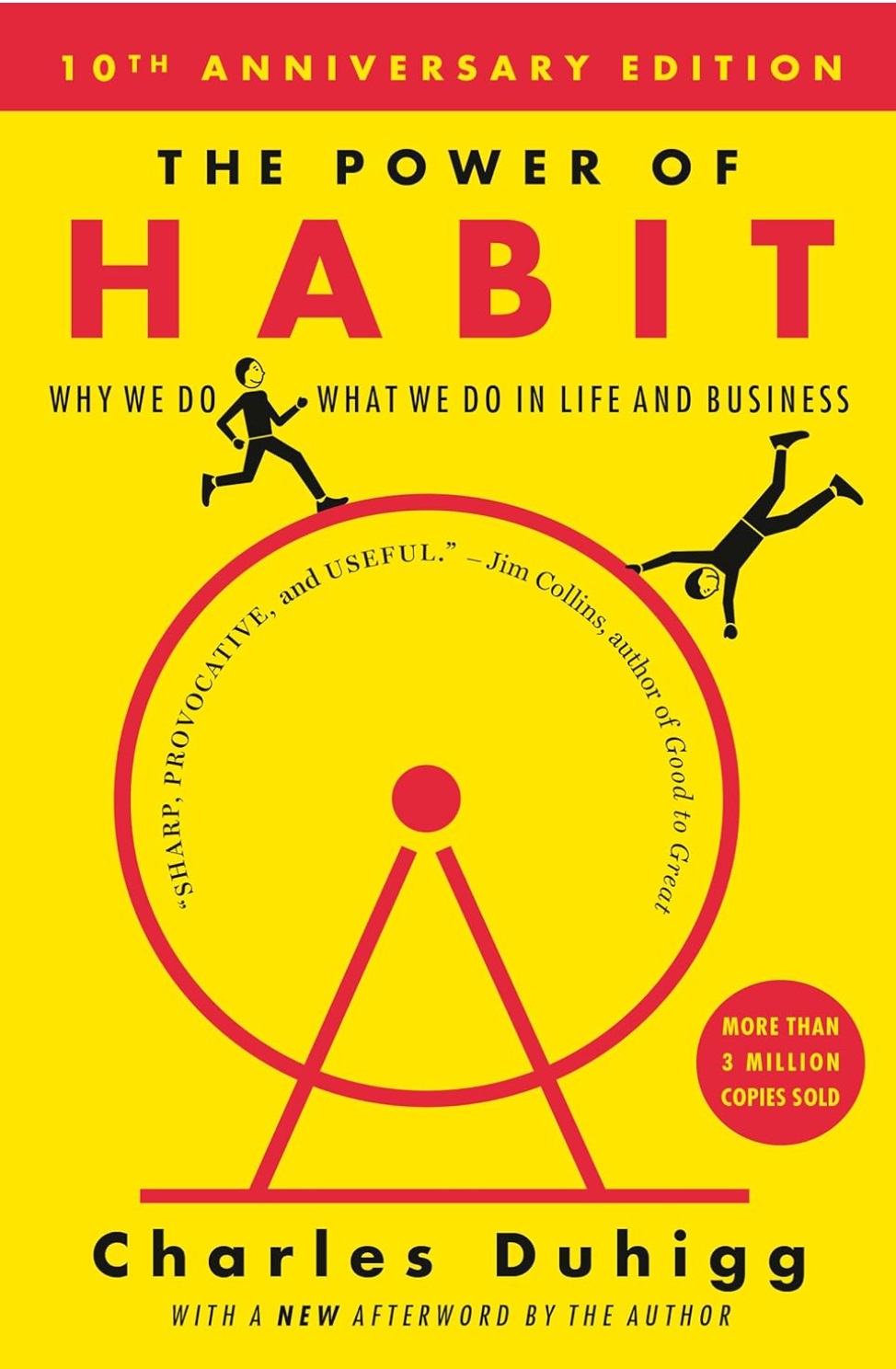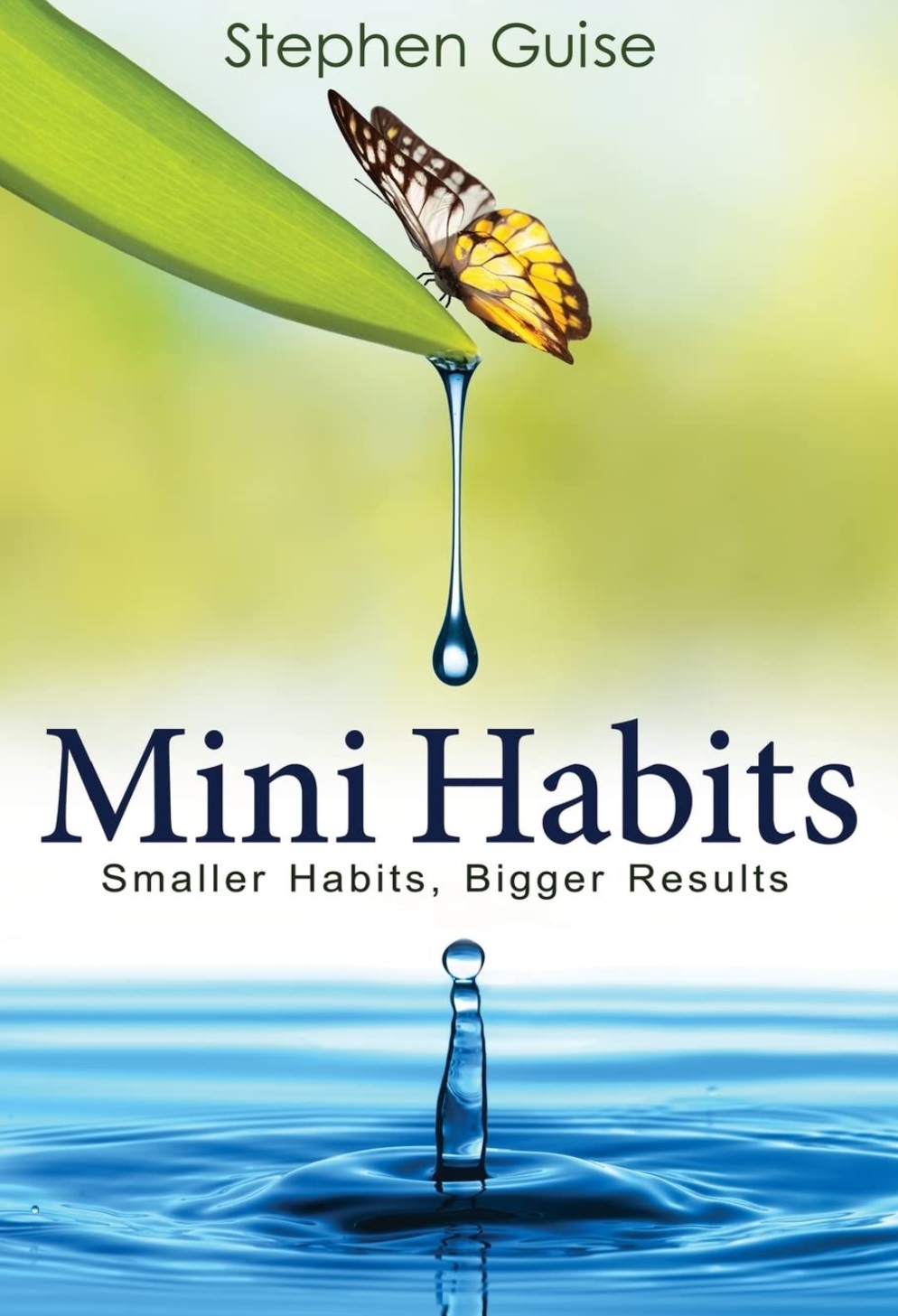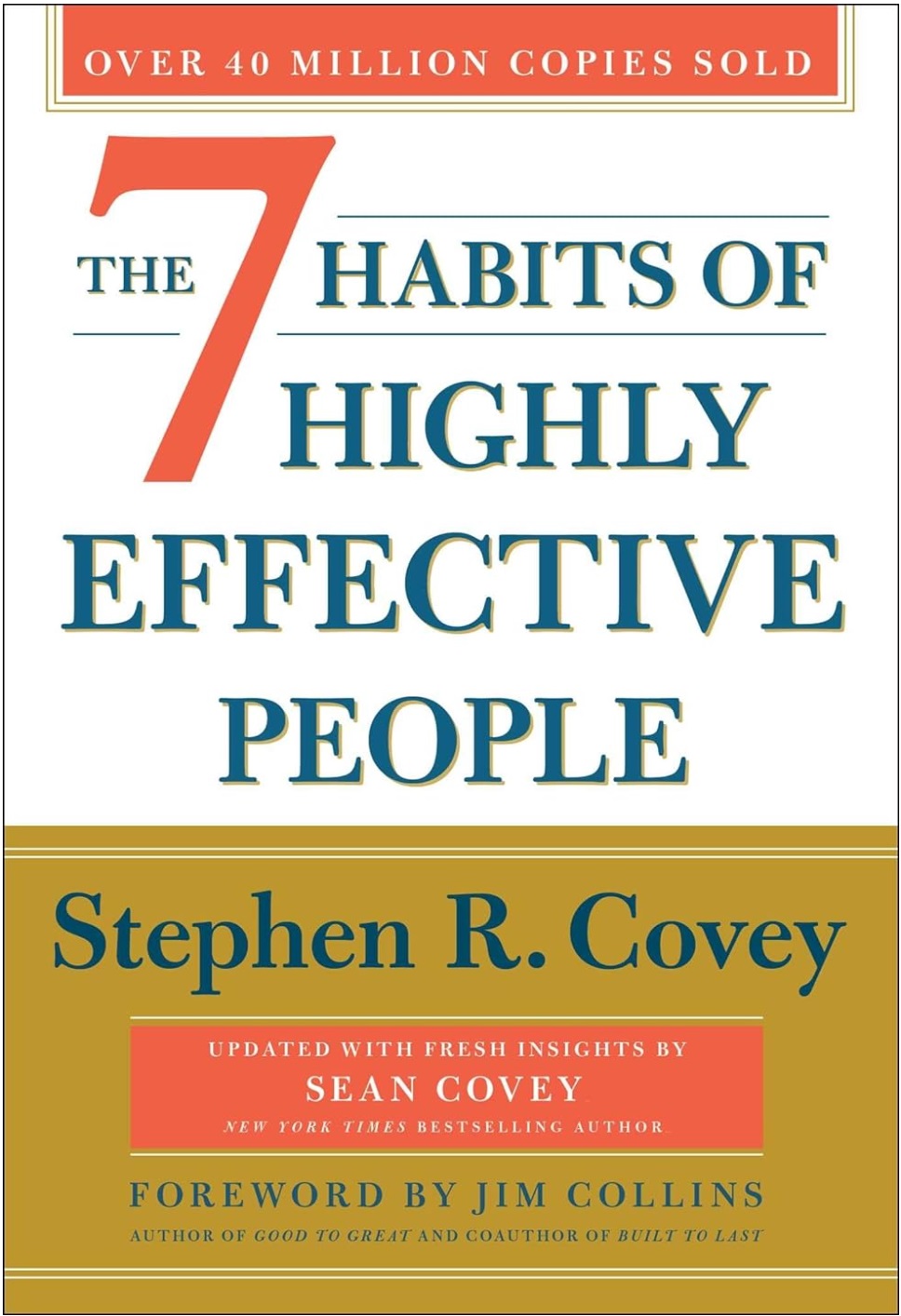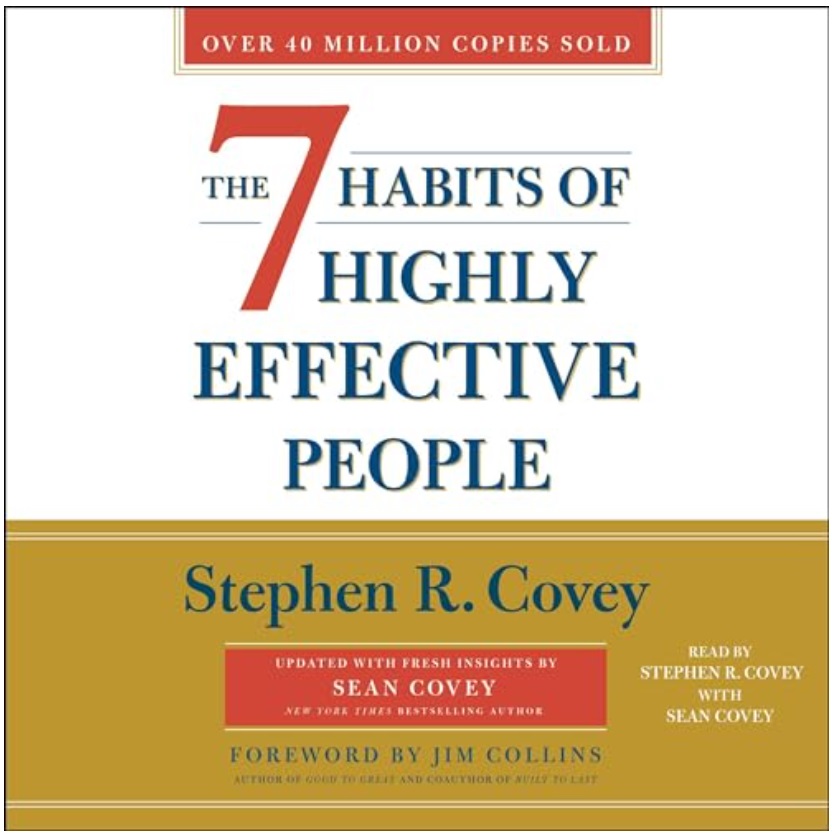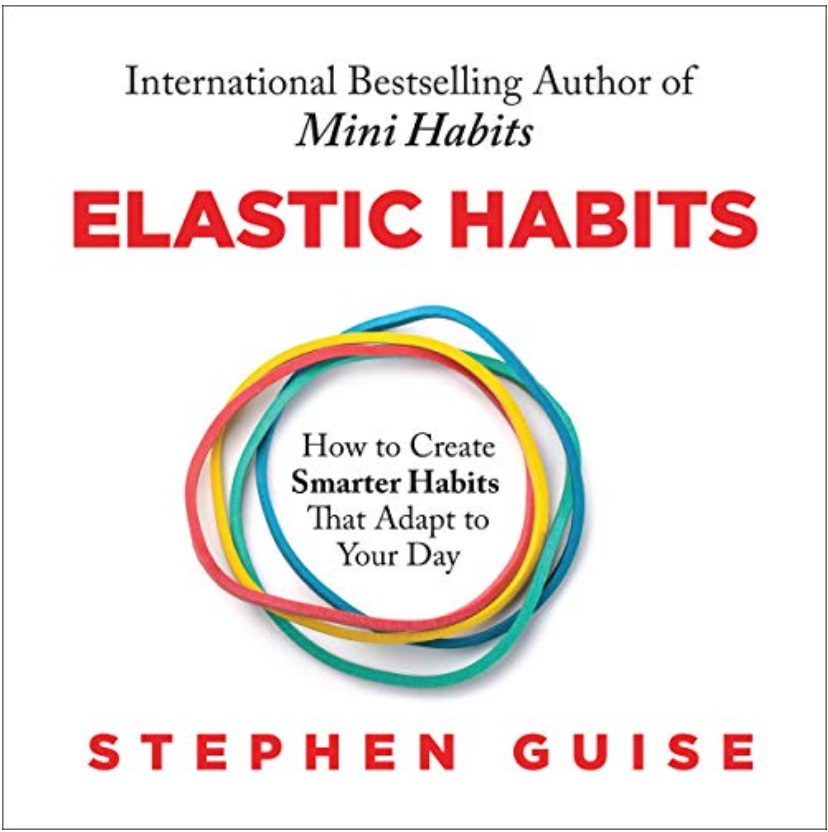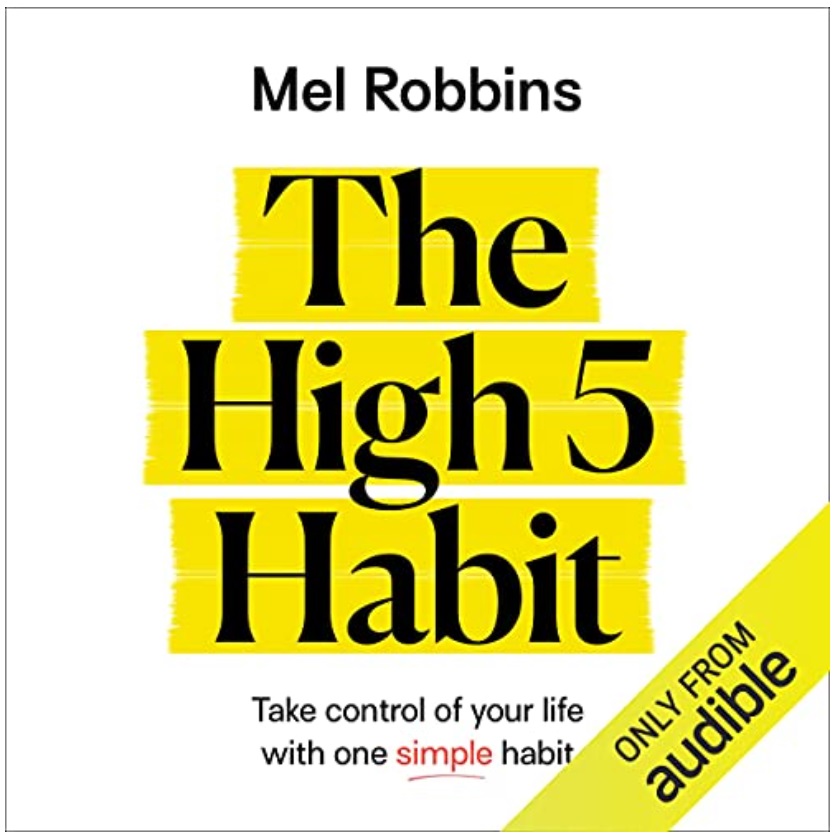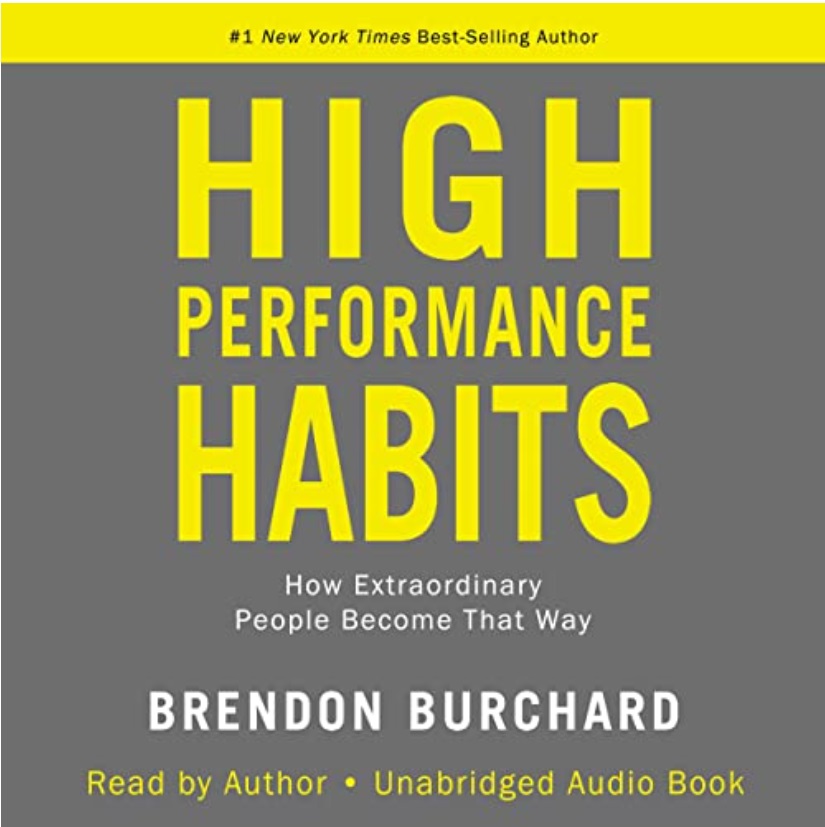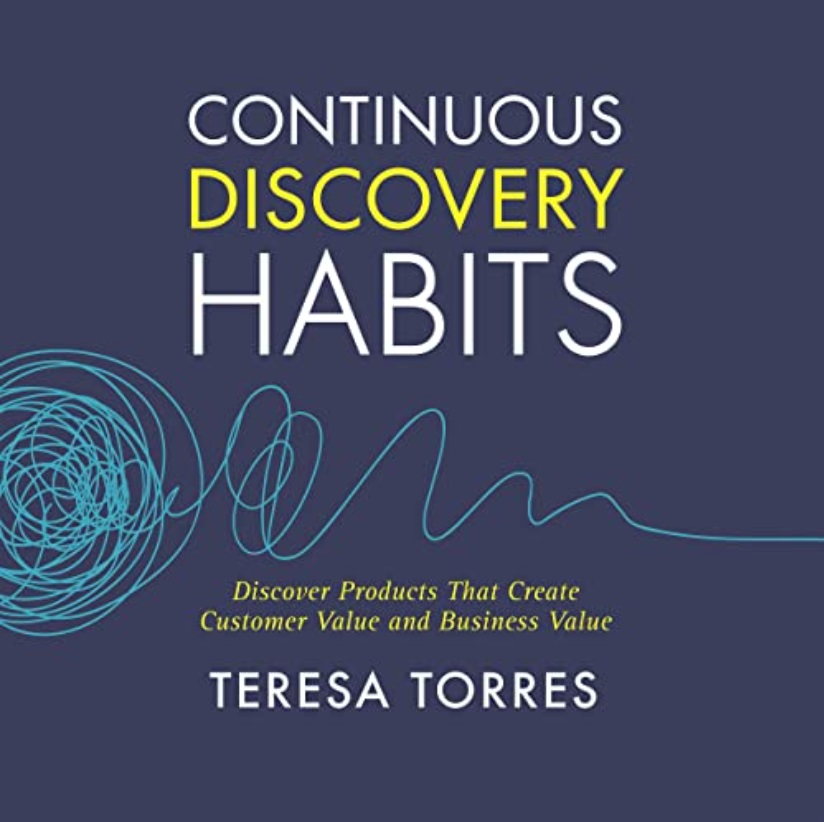- KEY POINTS
- Break free from negative patterns with small, consistent changes.
- Learn practical steps to replace bad habits with positive ones.
- Discover how to maintain lasting success by rewiring your mindset.
Breaking bad habits can feel overwhelming, but it doesn’t have to be. I’ve learned over the years that the key to lasting change lies not in massive overhauls, but in small, consistent actions. The more I embraced tiny shifts, the easier it became to let go of habits that no longer served me.
If you’ve struggled with bad habits – whether it’s procrastination, overeating, or negative self-talk – know that you’re not alone. Many of us fall into patterns that are hard to break. But the good news is that even the smallest steps, taken consistently, can lead to incredible transformations over time.
In this post, I want to share how small actions, paired with the right mindset, can help you break free from destructive habits. Let’s start by understanding why small steps work and how you can apply this approach to your own life.
Table of Contents
ToggleWhy Small Steps Matter
The Power of Tiny Changes
There’s something powerful about making small adjustments. I used to think that if I wanted to break a bad habit, I had to change everything overnight. But every time I tried, I’d burn out or revert to old patterns. When I shifted my focus to just making one tiny positive change a day, things began to shift.
For example, instead of cutting out social media entirely, I started by limiting my scrolling to 10 minutes less each day. That small change made a big difference over the course of a month. By the end of it, I was spending significantly less time on my phone without feeling deprived.
Consistency Over Perfection
I’ve found that consistency beats perfection every time. The goal isn’t to overhaul your life in one day but to take small, manageable steps. This is something I cover in detail in my post on Tiny Shifts to End Bad Habits.
Perfection can hold us back, but progress – no matter how small – keeps us moving forward. I like to remind myself that one tiny change is still a win, even if it feels insignificant in the moment.
Reducing Overwhelm
Taking small steps makes the process less overwhelming. When I tried to quit procrastination cold turkey, it felt like a mountain I couldn’t climb. But when I broke it down into smaller tasks, like setting a timer for 10 minutes of focused work, it became much easier. I cover this strategy more deeply in my post on How to Overcome Common Bad Habits Like Procrastination.
Identifying the Root of Bad Habits
Understanding Triggers
One of the most important things I learned was that bad habits often have triggers. I noticed that I tended to scroll through my phone when I felt stressed or bored. By identifying these triggers, I was able to replace the habit with something more productive – like journaling or taking a walk.
If you’re struggling to identify your own triggers, I recommend reading Identifying Bad Habits: What’s Holding You Back. This post breaks down simple methods for recognizing patterns and understanding why habits form in the first place.
Reflecting on Emotional Responses
Sometimes, our habits are driven by emotions. For me, snacking late at night was often tied to stress rather than hunger. When I reflected on the emotions behind my actions, I found healthier ways to deal with those feelings – like stretching, reading, or calling a friend.
Reflecting on your emotional responses is key to long-term change. It allows you to address the habit at its core rather than simply treating the symptoms.
Tracking Patterns
Keeping a journal to track my habits helped me recognize patterns I hadn’t noticed before. Writing down when and why I engaged in certain behaviors gave me a clearer picture of what needed to change. This simple practice made a big difference in how I approached breaking the habit.
Replacing Negative Habits with Positive Ones
Creating Simple Substitutes
Rather than focusing on what I needed to eliminate, I started to think about what I could add. For instance, instead of cutting out evening snacking altogether, I replaced unhealthy snacks with fruit or tea. These small shifts made the transition feel more natural and less restrictive.
Replacing habits can feel less daunting than quitting them outright. I dive deeper into this topic in my post on Breaking the Cycle: Tools to Replace Bad Habits with Good Ones.
Stacking New Habits
Habit stacking – or pairing a new habit with an existing one – worked wonders for me. For example, I started meditating for five minutes every morning right after brushing my teeth. By linking the new habit to something I already did daily, it became easier to stick with it.
If you’re curious about how to apply habit stacking in your own life, I share more about it in Mindfulness Techniques to Break Bad Habits.
Celebrating Small Wins
I used to overlook small wins, but now I make a point to celebrate them. Every time I successfully avoid a bad habit or choose a positive one, I acknowledge it. This positive reinforcement helps me stay motivated.
Acknowledging small progress helps reinforce the new habit and makes the process enjoyable.
Building Momentum with Small Wins
Breaking bad habits doesn’t have to feel like climbing a mountain. In fact, focusing on small, positive steps can create momentum that eventually leads to significant changes. I’ve found that when I celebrate small victories, no matter how minor, it reinforces my progress and keeps me moving forward. It’s the classic case of “one step at a time,” but with the added benefit of self-compassion.
The Power of Micro-Changes
One thing I’ve learned is that small changes are easier to sustain. Instead of forcing myself to completely overhaul a habit overnight, I start small. For instance, if I’m trying to cut back on social media, I might reduce my screen time by just five minutes a day. This feels achievable and doesn’t trigger the internal resistance that often accompanies drastic changes. Over time, those five minutes grow into 30, and eventually, I’ve created a new habit without even realizing it.
A great post that delves into this is Tiny Shifts to End Bad Habits. It emphasizes how even the smallest steps, when taken consistently, lead to major breakthroughs.
Reflect for a moment – is there a small action you can take today that would move you closer to breaking a bad habit? What feels achievable without overwhelming you?
Tracking Progress to Reinforce Growth
Keeping track of my progress helps me stay motivated. I use a simple journal or app to log daily actions. Seeing the visual proof of my consistency, even if it’s as basic as a checkmark, gives me a psychological boost.
I remember when I tried to build an evening routine to improve sleep. Each night I wrote down one thing I did differently – turning off electronics earlier or practicing mindful breathing. After a week, I realized I had successfully avoided screens before bed for five nights. That small win gave me the momentum to keep going.
For more on building better evening routines, you might enjoy Evening Habits to Promote Better Sleep.
Stacking New Habits with Existing Routines
I’ve found that habit stacking – linking a new habit to an existing one – makes it easier to stay consistent. For example, if I’m trying to incorporate mindfulness, I attach it to my morning coffee ritual. As the coffee brews, I take three deep breaths and focus on being present. By tying the new habit to something I already do, it seamlessly becomes part of my day.
James Clear, in his book Atomic Habits, talks about this concept at length, but I also touch on it in my post Mindfulness Techniques to Break Bad Habits. Mindfulness, when stacked with daily routines, creates a ripple effect that touches many areas of life.
What existing habit can you stack with a new positive action? The simpler the connection, the better.
Accountability and Celebrating Wins
I’ve realized the importance of involving others in my journey. Sharing my goals with a friend or family member creates a sense of accountability. They don’t need to constantly check in, but knowing someone else is aware of my intentions makes me more likely to follow through.
Additionally, I celebrate small wins. Every time I successfully avoid a bad habit for a day or week, I reward myself with something enjoyable – maybe a relaxing bath, a walk, or a new book. Celebrating reinforces the positive action and reminds me why I started in the first place.
The post How Support Systems Can Help You Break Bad Habits dives deeper into how surrounding yourself with the right people fosters long-term success.
Have you told someone about the habit you’re trying to break? If not, who could you reach out to for support?
Sustaining Long-Term Success
Breaking bad habits isn’t just about starting strong – it’s about sustaining that momentum over the long haul. The real transformation happens when new positive habits stick and become part of daily life. This section focuses on strategies to reinforce those changes and avoid falling back into old patterns.
Embracing Flexibility and Self-Compassion
One of the most important lessons I’ve learned is that flexibility is essential. Early in my journey to break bad habits, I used to think that if I slipped up once, I had failed. But the truth is, setbacks are part of the process. I remind myself that one misstep doesn’t erase all my progress.
There were times I found myself procrastinating again, even after weeks of improvement. Instead of letting guilt take over, I acknowledged the slip and returned to the small steps that worked for me initially. This mindset shift has been transformative. Self-compassion keeps me moving forward rather than spiraling into negative thinking.
I talk more about the power of rewiring your thinking in Rewiring Your Mind for Success. Breaking the habit of self-criticism is just as crucial as ending procrastination or overspending.
If you’ve been hard on yourself for slipping back into old habits, ask – how can you approach yourself with more kindness today?
Reflecting on Progress and Adjusting Strategies
Every month, I set aside time to reflect on the habits I’m working to break. I ask myself:
- What’s working well?
- Where have I noticed improvement?
- What still feels challenging?
This reflection keeps me honest about my progress and highlights areas that might need tweaking. Sometimes, I realize that certain strategies no longer fit my routine or that I need to try a different approach.
For example, I once tried meditating in the evening to calm my mind, but I found I was too tired to stay consistent. I switched to a short five-minute meditation in the morning, which fit more naturally into my day. This small adjustment made all the difference.
Reflection helps identify patterns and adapt, and I dive deeper into this in The Long-Term Impact of Breaking Bad Habits.
Is there a habit you’ve been working on that might benefit from small adjustments?
Recognizing the Ripple Effect of Positive Habits
One surprising thing I’ve discovered is how breaking one bad habit often leads to improvements in other areas of life. When I started practicing mindful breathing to reduce stress, I found myself being more patient with others. When I reduced my social media use, I naturally became more present during conversations with friends and family.
This ripple effect is powerful. A single habit shift can transform multiple aspects of life without even realizing it. For this reason, I focus on small but impactful habits that can influence broader areas.
A great post to explore this concept is Stop Bad Habits with Positive Small Steps. Positive small steps, even if they feel insignificant at first, can trigger chain reactions that improve well-being across the board.
Can you think of a habit that, if improved, might positively affect other parts of your life?
Staying Motivated with Milestone Rewards
To stay on track, I build in milestone rewards for myself. I create checkpoints – for example, after two weeks of consistently avoiding a bad habit, I reward myself with something simple but meaningful. It could be a coffee at my favorite café or a weekend activity I’ve been looking forward to.
These rewards help cement the idea that progress is worth celebrating. Even acknowledging small wins can boost motivation and encourage further growth.
For more ideas on how to track progress and build momentum, check out Breaking the Cycle: Tools to Replace Bad Habits with Good Ones.
What kind of milestone reward could you set for yourself?
Reinforcing Habits Through Accountability
I believe accountability is the glue that holds long-term habit change together. Whether it’s a friend, mentor, or even an online community, having someone to share progress with keeps me focused. Knowing that someone else is aware of my goals encourages me to follow through.
For instance, I once joined a small accountability group focused on building better productivity habits. Every week, we shared updates and celebrated each other’s small wins. This community played a huge role in helping me stick to my new routines.
I write about the importance of accountability in How Support Systems Can Help You Break Bad Habits. The presence of even one person rooting for you can make all the difference.
Who could be part of your accountability network?
Final Thoughts
Breaking bad habits is a journey that requires patience, self-compassion, and a commitment to small but meaningful changes. While the process isn’t always linear, each positive step – no matter how minor – contributes to long-term success.
By focusing on small shifts, celebrating wins, and leaning on support systems, the path to breaking bad habits becomes much smoother. I’ve found that with time and consistency, the habits that once held me back lose their grip.
What’s one habit you can start working on today with a small, achievable step?
References
Blog Post References
- Identifying Bad Habits: What’s Holding You Back?
- How to Overcome Common Bad Habits Like Procrastination
- Breaking the Cycle: Tools to Replace Bad Habits with Good Ones
- How Support Systems Can Help You Break Bad Habits
- The Long-Term Impact of Breaking Bad Habits
- Rewiring Your Mind for Success
- Tiny Shifts to End Bad Habits
- Mindfulness Techniques to Break Bad Habits

